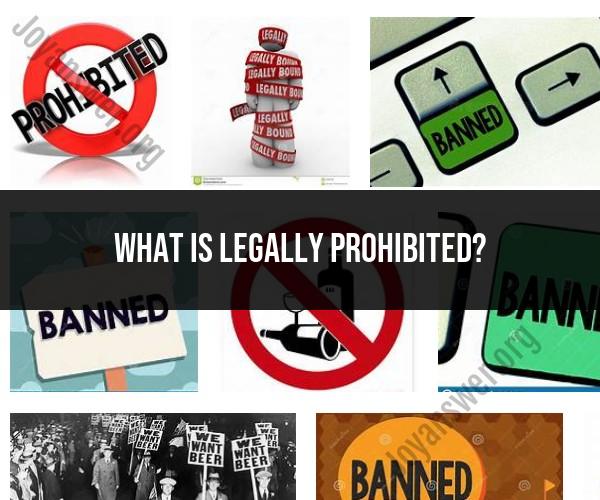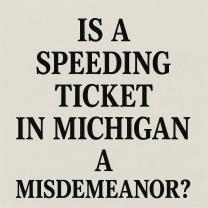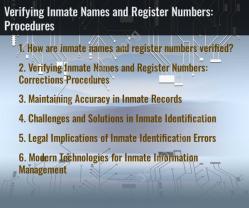What is legally prohibited?
Legally prohibited actions, often referred to as "illegal" or "unlawful" activities, are actions or behaviors that are explicitly forbidden by law. The specific actions that can be legally prohibited vary from one jurisdiction to another and are typically outlined in statutes, regulations, or ordinances created by legislatures or governing bodies. These prohibitions are put in place to maintain order, protect public safety, and uphold the principles and values of a society. Here are some common categories of legally prohibited actions:
Criminal Offenses: Many actions are prohibited under criminal law. This includes acts like theft, assault, murder, fraud, drug trafficking, and various other activities that are deemed harmful to individuals or society as a whole. Penalties for criminal offenses can range from fines and probation to imprisonment.
Traffic Violations: Traffic laws prohibit actions such as speeding, running red lights, driving under the influence of alcohol or drugs, and reckless driving. Violations can result in fines, license suspension, or even imprisonment in some cases.
Environmental Regulations: Laws and regulations may prohibit activities that harm the environment, such as illegal dumping, pollution, deforestation, and hunting or fishing without proper permits.
Consumer Protection: Laws can prohibit deceptive or fraudulent practices in business and protect consumers from harmful products or services. Actions like false advertising, price gouging, and selling unsafe products may be legally prohibited.
Intellectual Property Infringement: Copyright, trademark, and patent laws prohibit unauthorized use or reproduction of intellectual property, such as books, music, inventions, and brand logos.
Discrimination and Harassment: Laws can prohibit discrimination and harassment based on factors like race, gender, religion, disability, and sexual orientation in various contexts, including employment, housing, and public accommodations.
Drug and Alcohol Regulations: Laws can prohibit the possession, sale, or distribution of certain drugs or alcohol beyond specific legal limits. This includes controlled substances, underage drinking, and operating a vehicle under the influence.
Weapons and Firearms: Laws often restrict the possession and use of certain weapons and firearms, requiring permits or licenses and specifying places where they are prohibited.
Trespassing: Unauthorized entry onto someone else's property or into restricted areas can be prohibited under trespassing laws.
Cybercrimes: Laws address various illegal activities conducted online, such as hacking, identity theft, online harassment, and distribution of explicit content without consent.
Public Order Offenses: These may include actions that disrupt public peace and order, such as rioting, disorderly conduct, or incitement to violence.
Labor Laws: Labor laws can prohibit unfair labor practices, child labor, workplace discrimination, and violations of worker rights and safety regulations.
It's important to note that the specific actions that are legally prohibited can vary significantly between countries, states or provinces, and municipalities. Legal systems also evolve over time, so what is prohibited today may not have been so in the past or vice versa. Therefore, it's crucial to consult the relevant laws and regulations in your jurisdiction to understand what actions are legally prohibited. Violating these prohibitions can result in legal consequences, including fines, imprisonment, or civil liabilities.
Legally Prohibited Actions: What Is Considered Off-Limits?
Legally prohibited actions are activities that are forbidden by law. This can include a wide range of activities, from minor infractions to serious crimes. Some examples of legally prohibited actions include:
- Crimes: Murder, rape, assault, theft, robbery, arson, fraud, and drug trafficking are all examples of crimes that are legally prohibited.
- Civil offenses: Civil offenses are less serious than crimes, but they can still result in legal penalties. Examples of civil offenses include speeding, traffic violations, noise complaints, and property damage.
- Regulatory violations: Regulatory violations are violations of laws and rules that are designed to protect the public health, safety, and welfare. Examples of regulatory violations include building code violations, food safety violations, and environmental protection violations.
Legal Boundaries: Examples of Activities That Are Prohibited
Here are some specific examples of activities that are legally prohibited in most jurisdictions:
- Violence: Any act of violence against another person is illegal, including assault, battery, and homicide.
- Theft: Taking someone else's property without their permission is theft.
- Fraud: Fraud is intentionally deceiving someone in order to obtain something of value.
- Drug trafficking: The possession, sale, or distribution of illegal drugs is a crime.
- Driving under the influence: Driving a motor vehicle while intoxicated by alcohol or drugs is illegal.
- Underage drinking: It is illegal for minors to consume alcohol.
- Gambling: Gambling is illegal in some jurisdictions.
- Prostitution: Prostitution is the exchange of sexual services for money or other goods.
- Child pornography: The possession, distribution, or creation of child pornography is a crime.
- Intellectual property infringement: Copyright, trademark, and patent infringement are illegal.
- Hate speech: Speech that incites violence or hatred against a particular group of people may be illegal.
Prohibition in Law: Understanding the Scope of Legal Restrictions
The scope of legal restrictions varies from jurisdiction to jurisdiction. In the United States, for example, there are both federal and state laws that prohibit certain activities. Additionally, some cities and counties have their own local ordinances.
It is important to be aware of the laws that apply in your area. You can find information about local laws on the websites of your local government or by contacting the clerk of your local court.
Here are some tips for avoiding legally prohibited actions:
- Be aware of the laws that apply in your area.
- Be careful about what you say and do, especially online.
- Avoid engaging in activities that could be considered risky or dangerous.
- If you are unsure whether or not an activity is legal, err on the side of caution and avoid it.
If you are accused of committing a legally prohibited action, it is important to seek legal advice from a qualified attorney.












